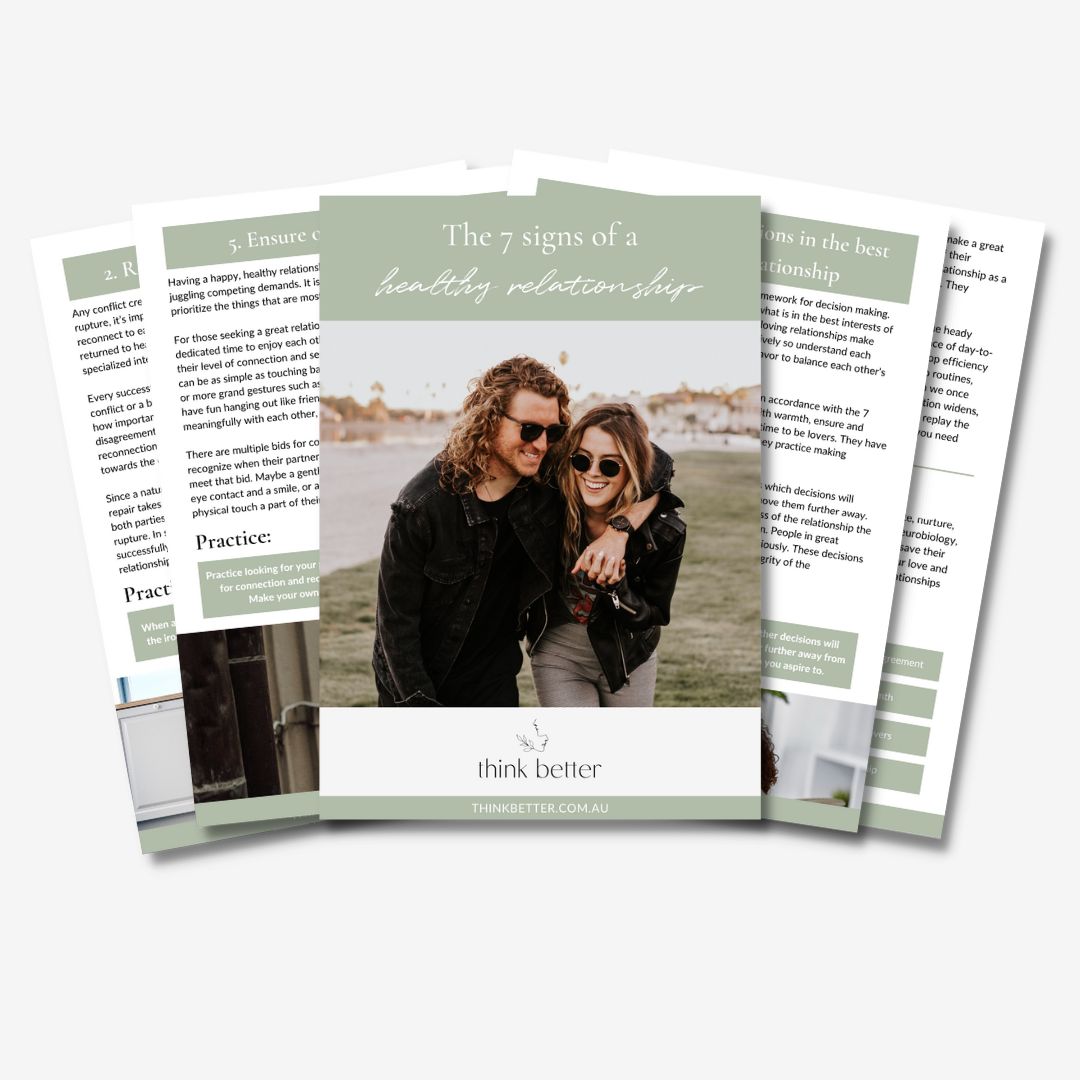What is love? And how many different types of love are there? Love is one of the hardest working words in any dictionary as so much is expected of it. We use the word “love” to describe a multitude of very different experiences. Each of us will experience many “loves” yet none of them are the same. How do you differentiate between the love you feel in the initial stages of romantic love from the love you feel after many years together? How do you explain the different experience of love for a dear friend, or a beloved parent? You experience love for your partner, and your friend, and your parent, yet clearly they are very different types of love. So how is one little word expected to do it all? Perhaps we shouldn’t expect it to. We need to further refine the concept of love.
In a previous article we explored the 3 types of love as articulated through a Buddhist lens – affectionate love, cherishing love and wishing love. All three forms of love offer powerful ways to engage with the people we love and even more broadly, to develop more love for our fellow human beings. However, what is not expressly described in the 3 types of love is a way to differentiate love of self and others, and how love may present in romantic and sexual relationships. This week we will look at a differing perspective to help fill in those gaps. The ancient Greeks thought extensively about love in its many forms and believed that the concept of love could be further refined by categorizing it into 8 types of love:
Intimate love between partners
Ludus – Playful love
Ludus is the youthful, playful “in love” feeling that gives you butterflies in your stomach and makes you feel addicted to your partner. From a neuroscience point of view when you are attracted to someone, you experience a rush of dopamine and other feel-good chemicals. These chemicals give you a natural high which compels you to seek out more of the heady feelings being with your loved one brings. This type of love is intense in the beginning when the chemicals are flowing but once the chemicals settle another love must take its place or it will end.
Eros – Romantic love
Eros is often felt in conjunction with ludus and is the sexual, passionate love romanticized in movies and songs the world over. While most people in the Western World aspire to romantic love, the ancient Greeks were wary of it due to its intense power and relatively short duration. They understood this type of love can lead to loss of control and poor decision making – the consequences of decisions made in the heat of the moment being experienced long after romantic love has faded.
Pragma – Enduring love
While still of an intimate, romantic nature, pragma is almost the opposite of eros as it is a mature and lasting love between partners which is experienced as steady and dependable. It is the type of love that feels stable and secure, where both partners are committed to considering and looking after each other for the duration.
Mania – Obsessive love
Mania is the love that has become obsessive and unhealthy. Arguably it can no longer be classified as love at this point as it is driven by varying combinations of fear, jealousy, or anger. The person experiencing mania lives in fear of losing their loved one and will compromise themselves and others to keep the relationship going. The self-esteem of the person experiencing it suffers greatly. In modern terms it may be described as toxic.
Love for family and close friends
Philia – Affectionate love
Philia is love without romantic attraction and is the affectionate love you experience in friendships. It is a platonic love between equals. There is trust, ease, respect and deep care between the people experiencing it.
Storge – Familiar love
Storge is like philia but there is a family (or kinship) bond. From this bond arises a natural and instinctive love which may be considered genetically pre-determined. This love is not necessarily between “equals,” but it may be. It encompasses different familial configurations such as parent-child love and sibling love.
Self-love
Philautia – Self-love
Philautia is self-love. Contrary to popular misconceptions self-love is not arrogant, egotistical or selfish and the ancient Greeks knew this even back then. Self-love refers to a healthy and balanced view of self which is necessary for self-esteem. Self-love requires you to treat yourself with philia – like you would a dear friend. At its heart is an understanding you are no more important, and no less important, than anyone else and deserve to be treated with kindness and respect – starting with the treatment of yourself. Self-love forms a foundation for giving love to, and receiving love from, others.
Love for your fellow human beings
Agape – Unconditional love of all
Agape is unconditional love for your fellow human beings. It is a selfless and universal love that sees all of humanity as worthy of love, even in the face of difficulty, struggle and unwanted behaviours. This type of love seeks to forgive and accept and forms the basis of many spiritual traditions and practices. It is considered the highest form of love and the most difficult to cultivate and maintain.
Comparing the different types of love
There is some overlap between Buddhism’s 3 types of love and the Ancient Greek’s 8 types of love. Philia is similar to affectionate love and storge could be likened to cherishing love although the Buddhists encourage us to practice developing cherishing love for a broader circle than just our family circle. Agape and wishing love seem to share the same roots in universal love but that is where the similarities end.
Clearly some types of love as the Greeks saw it would not be considered love at all by the Buddhists. Ludus, eros and mania, certainly not. In Buddhist terms these would not be considered love but would be thought of as attachment, a mistaken view that we can experience happiness by getting the things we want in the way we want them. Attachment cannot remain at peace when things are outside our control or do not meet our expectations.
Love can take many forms and regardless of the type of love you seek and experience in your life remember that love is ultimately a healthy state. Love is the basis from which our potential may grow. Love provides a space of care and attention which prioritizes support and encouragement. When we feel loved, we are encouraged to act from the best parts of ourselves more easily. We feel content with ourselves and what we can offer to the world. We are more accepting of ourselves and others and more considerate in our interactions. We act in ways which are connected and humane.
You know deep down what love is. Choose to foster love, encourage love and act from a space of love whenever you can. Walk away from that which leads you further from love and graciously let it go when it’s not healthy. Invest in learning more about love so that you can have more of it and then action what you have learnt to make the world a more loving place.




0 Comments